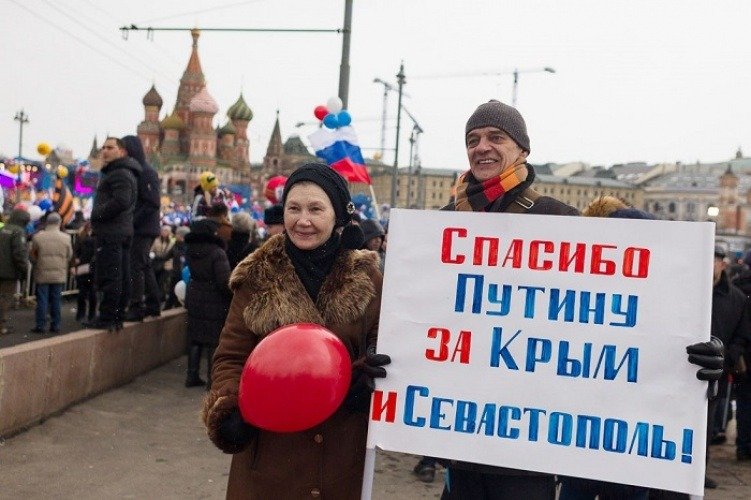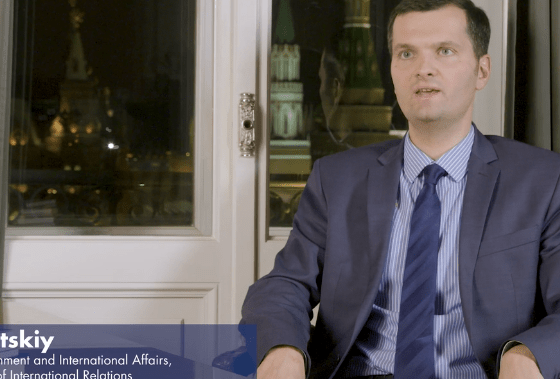(Wilson Center) On February 28, 2014, pro-Russian gunmen seized key buildings in Crimea. In response, the United States levied economic sanctions against Russia on March 6. Approval ratings for the Russian leadership then soared and remained high for more than four years. Were these high ratings due to the annexation of Crimea or the imposition of economic sanctions?
Answering this question is critical for our understanding of economic sanctions. Opponents argue that sanctions are counterproductive because they produce a patriotic wave of support for the government under sanctions. Then adviser to President Trump Anthony Scaramucci noted: “I think the sanctions had in some ways an opposite effect because of Russian culture. I think the Russians would eat snow if they had to survive. And so for me the sanctions probably galvanized the nation with the nation’s President.”
Despite the drop in support for the Russian government in the post-Crimean consensus era, concerns about the impact of sanctions on public opinion in Russia remain relevant as the U.S. Congress contemplates new economic sanctions against Russia. […]
Read More © Wilson Center











